The reasons why the Omani government still uses old sodium street lamps in some areas may include the cost of technology upgrading, the need to maintain infrastructure, and possible technical or economic barriers.
The Omani government continues to use old sodium street lamps in some areas, probably because these street lamps have formed a relatively complete infrastructure network, and replacing them with solar or LED street lamps requires a lot of capital investment, including purchasing new equipment, installing and maintaining new infrastructure. In addition, switching to solar or LED technology may require corresponding technical support and expertise, which may be a challenge for some areas. Therefore, although solar or LED street lamps are more superior in energy efficiency and can save a lot of energy, the Omani government may take into account factors such as cost, technology and maintenance when deciding whether to replace them.
Analysis of Omani Government's Continued Use of Sodium Street Lights
The Omani government's persistence in utilizing traditional sodium street lights in numerous areas, despite the potential energy-saving benefits of transitioning to solar or LED alternatives, raises questions about the underlying reasons for this decision. Evaluating the factors influencing the government's choice to maintain sodium lights over more energy-efficient options sheds light on the complexities of urban lighting infrastructure management.
Cost Considerations
One of the primary factors contributing to the Omani government's continued use of sodium street lights is likely cost considerations. While solar and LED technologies offer long-term energy savings and environmental benefits, the initial investment required for widespread replacement may pose a financial challenge. The government may prioritize short-term budget constraints over the potential long-term cost savings associated with energy-efficient lighting solutions.
Technological Compatibility
The compatibility of existing infrastructure with solar or LED lighting systems is another crucial consideration for the Omani government. Upgrading to newer technologies may require modifications to electrical systems and fixtures, which could entail additional costs and logistical complexities. Ensuring seamless integration of solar or LED lights with the current infrastructure is essential for a successful transition.
Maintenance and Serviceability
Sodium street lights are known for their durability and minimal maintenance requirements, which may influence the government's decision to retain them in many areas. While solar and LED lights offer energy efficiency benefits, they may require more frequent maintenance and upkeep, especially in harsh environmental conditions. The government may prioritize the reliability and longevity of sodium lights to minimize operational disruptions.
Environmental Impact
The environmental impact of sodium street lights, characterized by high energy consumption and carbon emissions, underscores the importance of transitioning to more sustainable alternatives. Solar and LED lights offer significant reductions in energy consumption and greenhouse gas emissions, aligning with global sustainability goals. The Omani government may need to balance environmental considerations with practical constraints in its decision-making process.
Public Perception and Acceptance
Public perception and acceptance of lighting technologies play a significant role in the government's choice to maintain sodium street lights. Familiarity with sodium lights and their perceived effectiveness in providing illumination may influence public opinion and shape the government's approach to lighting infrastructure. Addressing public preferences and expectations is crucial in determining the feasibility of transitioning to solar or LED alternatives.
Conclusion
In conclusion, while the Omani government's continued use of sodium street lights in many areas may be driven by cost considerations, technological compatibility, maintenance requirements, environmental impact, and public perception, the potential energy savings and environmental benefits of converting to solar or LED lighting solutions cannot be overlooked. By carefully evaluating the trade-offs between cost, technology, maintenance, environmental impact, and public perception, the government can make informed decisions regarding the future of urban lighting infrastructure in Oman. Embracing energy-efficient alternatives while addressing practical considerations is essential for promoting sustainability and efficiency in public lighting systems.
In Oman, the government has begun to adopt solar technology in some projects, such as the opening of the Surwilayat Solar Station, a large solar desalination plant project that demonstrates Oman's progress in clean energy technology. However, this does not mean that the Omani government has fully switched to using solar or LED street lights, especially in some areas with relatively complete traditional infrastructure. Replacing all street lights may require a lot of resources and time.
In summary, although solar and LED street lights have obvious advantages in energy efficiency and environmental protection, the reasons why the Omani government still uses old sodium street lights in some areas may include cost, technical and maintenance considerations. With the advancement of technology and the reduction of costs, it is expected that the Omani government will gradually replace these old street lights with more energy-saving and environmentally friendly solar or LED street lights.
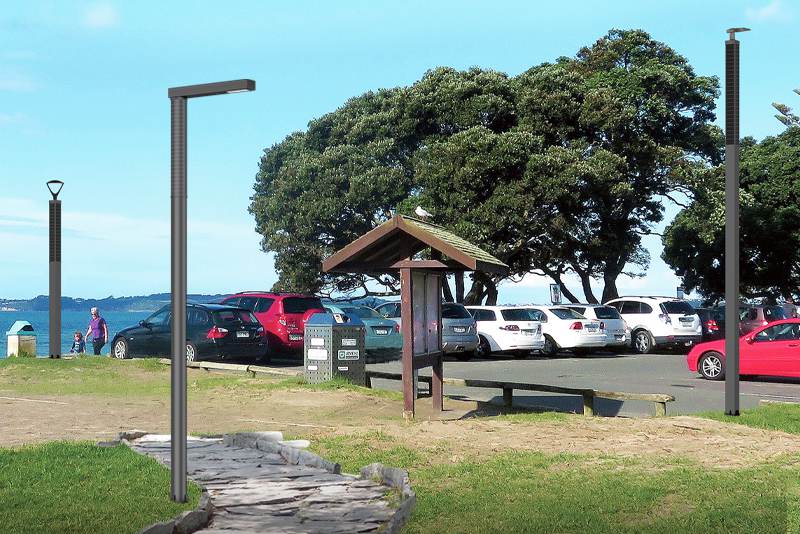
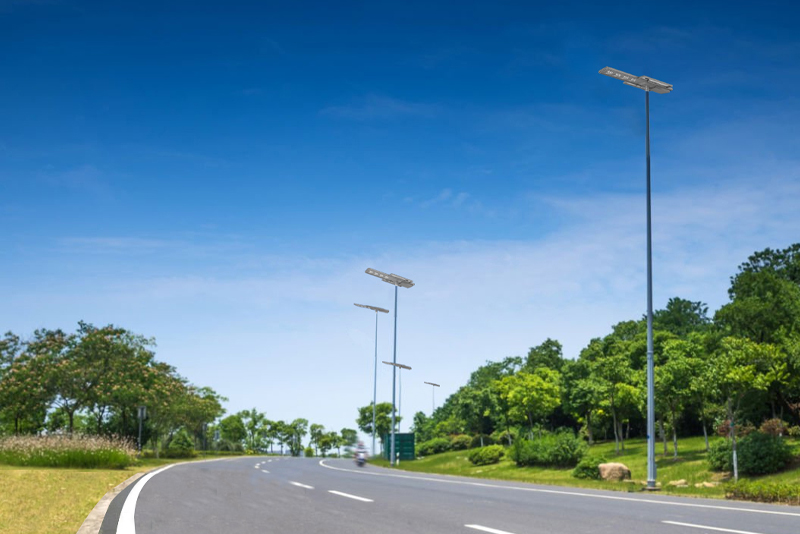
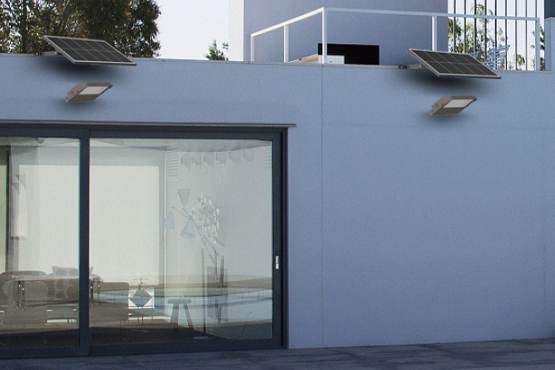
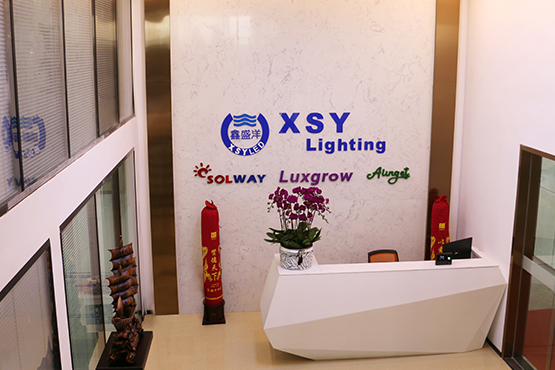
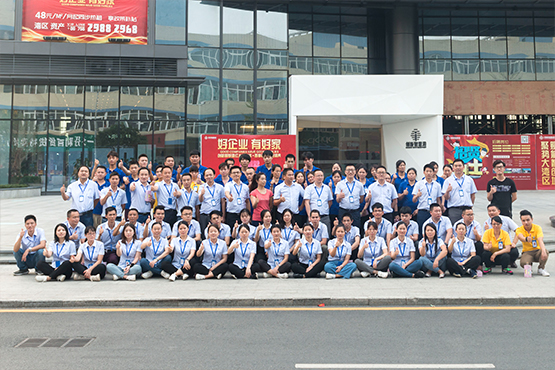

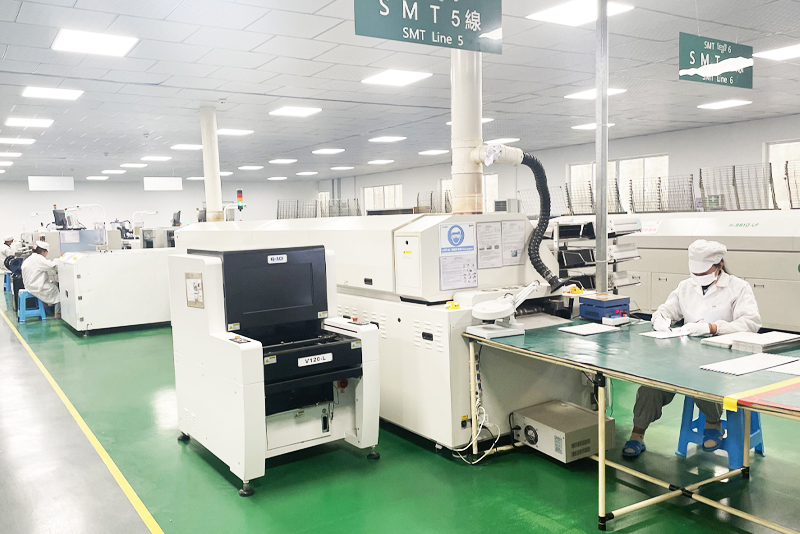
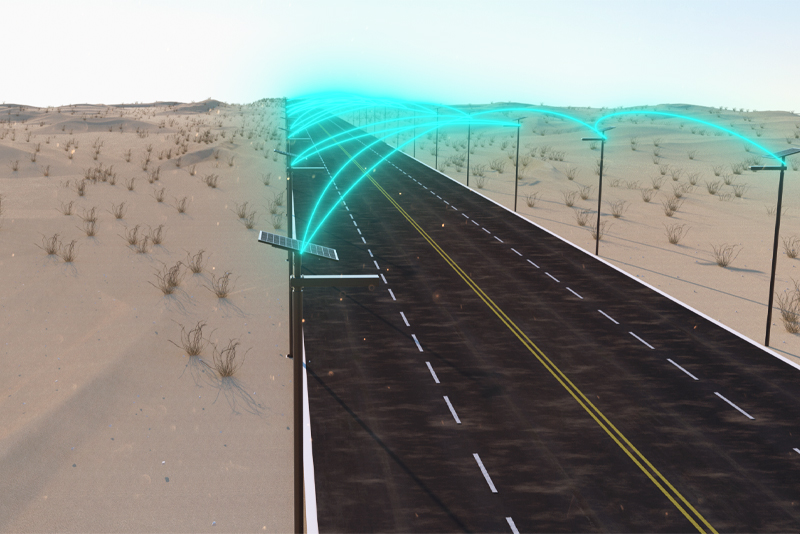
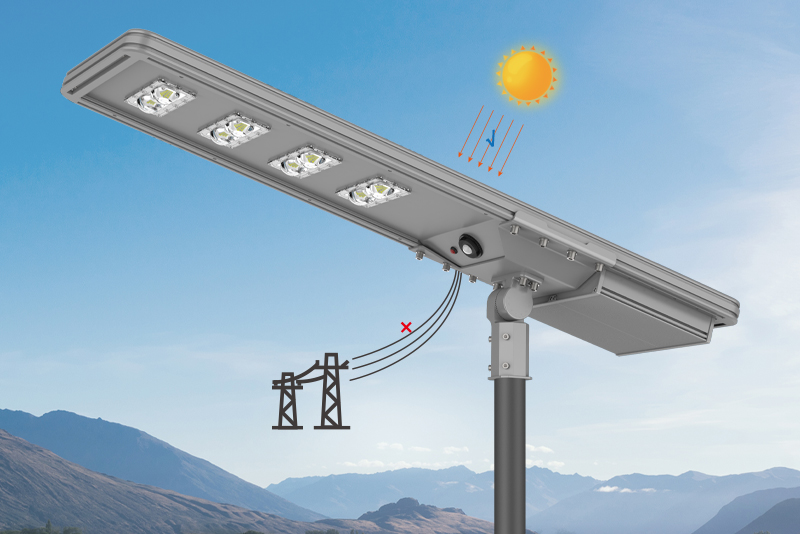
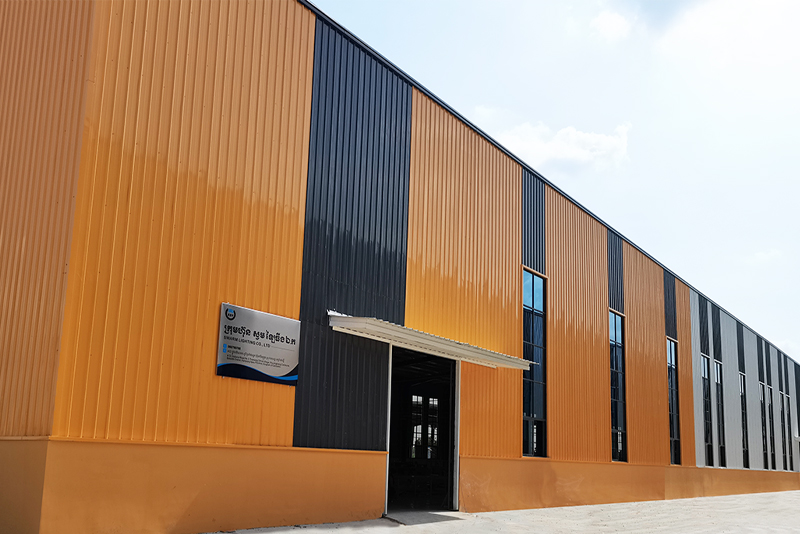
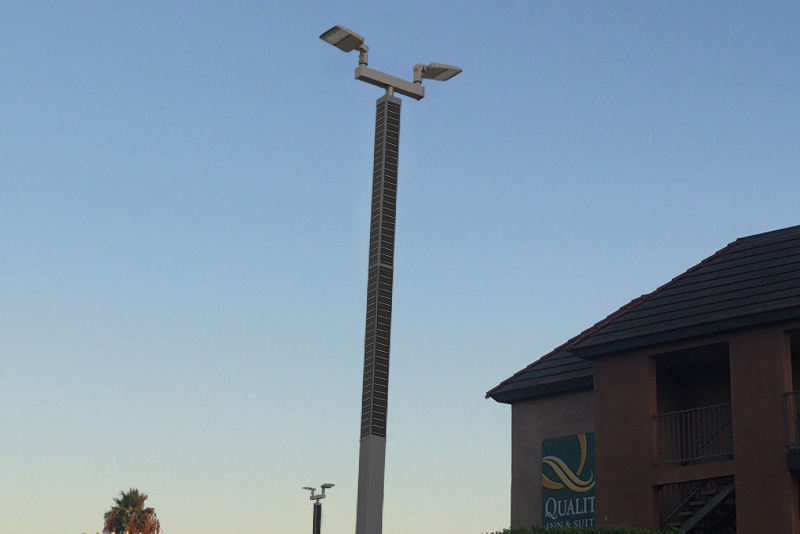
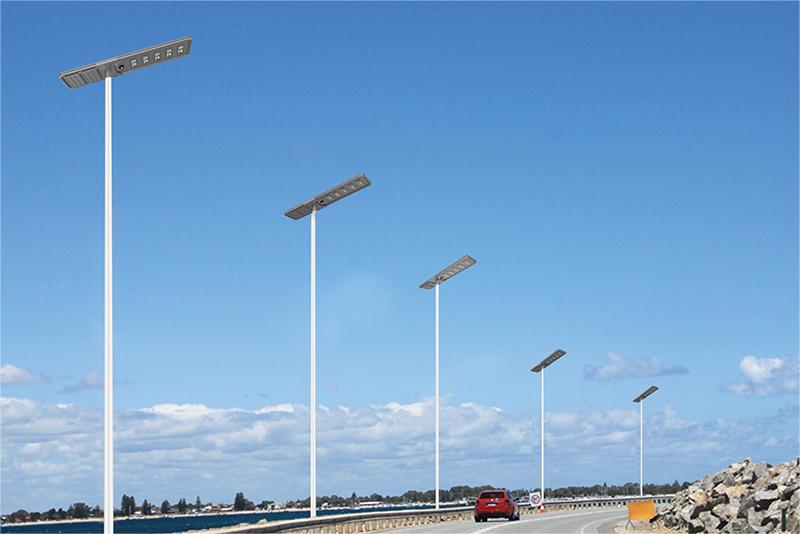
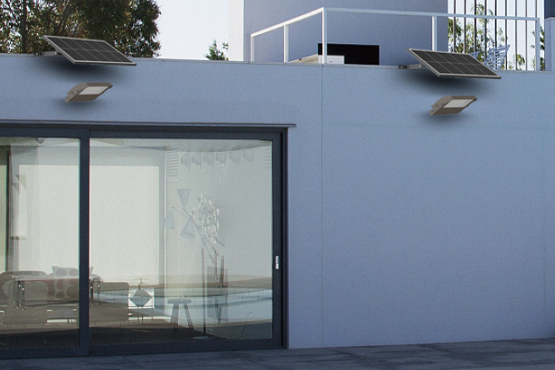






 English
English










 Scan WhatsApp
Scan WhatsApp Scan Wechat
Scan Wechat Scan WhatsApp
Scan WhatsApp Scan Wechat
Scan Wechat Consult Now
Consult Now






